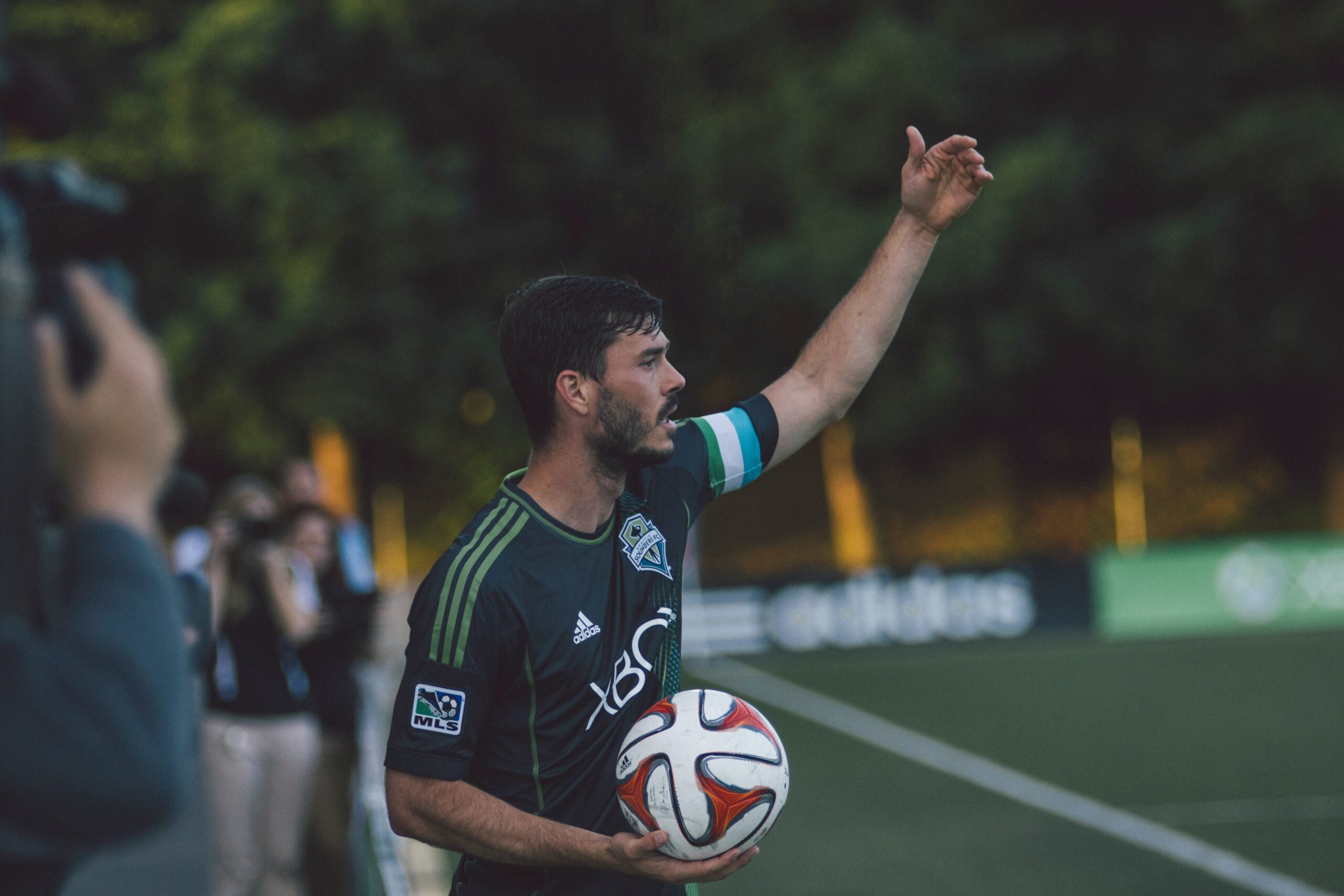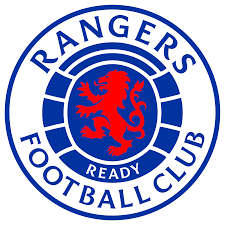Football
Captains, Leaders, Legends: Exploring the Role of Team Captains in Football

Captains, Leaders, Legends: Exploring the Role of Team Captains in Football
In the world of football, the role of the team captain holds great significance. Captains are not just players wearing armbands; they are the embodiment of leadership, responsibility, and inspiration. Having a great captain can feel like always having the best luck in winning real money casino in New Zealand. From lifting trophies to rallying their teammates on the field, captains play a vital role in shaping the dynamics of a football team. This article delves into the multifaceted role of team captains in football, exploring their responsibilities, characteristics, and impact on the team’s performance.
Responsibilities of a Team Captain
- Leadership: The primary responsibility of a team captain is to provide leadership both on and off the field. They set an example for their teammates through their work ethic, commitment, and dedication. Captains are expected to display strong leadership qualities, motivating and guiding their fellow players towards success.
- Communication: Effective communication is crucial in any team sport, and the captain serves as the link between the players and the coaching staff. They convey tactical instructions, strategies, and feedback from the coach to the team. Captains also act as the spokesperson for the team during interactions with referees, opposing captains, and officials.
- Decision-making: Captains often make critical decisions during matches. They assess the situation on the field, provide guidance to their teammates, and make quick judgments on strategy adjustments. Their decision-making skills are vital in high-pressure moments, such as penalty shootouts or last-minute tactical changes.
- Motivation: A captain’s ability to inspire and motivate their teammates is a key aspect of their role. They lead by example, encouraging their fellow players to give their best effort and maintain a positive mindset. Captains provide the necessary emotional support to boost team morale and unity, particularly during challenging periods of a match or season.
Characteristics of a Successful Team Captain
- Leading by example: A captain should embody the values and principles of the team. They should consistently display a strong work ethic, discipline, and professionalism. By setting high standards and demonstrating commitment, they motivate their teammates to follow suit.
- Effective communication skills: Captains need to possess excellent communication skills to convey instructions, provide feedback, and inspire their teammates. Clear and concise communication ensures that everyone is on the same page and helps foster a sense of unity within the team.
- Tactical understanding: A captain should have a deep understanding of the game and possess tactical intelligence. They need to read the flow of the match, identify weaknesses in the opponent’s defense, and adapt strategies accordingly. This understanding allows them to make informed decisions that benefit the team.
- Resilience and composure: Captains must maintain composure in high-pressure situations. They act as a calming presence during difficult moments, encouraging their teammates to stay focused and composed. Resilience is also crucial, as captains should lead by example, bouncing back from setbacks and pushing the team to do the same.
Impact on Team Performance
The presence of a strong and effective captain can significantly impact a team’s performance. Here’s how:
- Unity and cohesion: Captains foster unity within the team by promoting a sense of camaraderie and shared goals. They ensure that everyone is working towards a common objective, encouraging teamwork and mutual support. This unity enhances team chemistry and allows players to perform at their best.
- Motivation and inspiration: Captains serve as a source of motivation and inspiration for their teammates. Their words, actions, and attitude can elevate the team’s spirit, particularly in challenging situations. A captain’s ability to rally the players and ignite their competitive drive can be the difference between victory and defeat.
- On-field organization: Captains play a crucial role in organizing the team’s positioning and formations on the field. They communicate with teammates, provide instructions, and ensure that everyone is aware of their roles and responsibilities. This organization helps maintain structure and coordination during the game.
- Representation and respect: Captains are often the face of the team, representing their club or country on and off the field. Their role demands respect from teammates, opponents, and officials. A respected captain can influence the perception of the team, garnering admiration and fostering a positive image.
In conclusion, the role of a team captain in football extends far beyond wearing an armband. Captains are the embodiment of leadership, responsibility, and inspiration. Through their responsibilities, characteristics, and impact on the team’s performance, they shape the dynamics of a football team. A successful captain leads by example, communicates effectively, and motivates their teammates to achieve greatness. They are not only captains but also leaders and legends in the beautiful game of football.
We hope you enjoyed the article ‘Captains, Leaders, Legends: Exploring the Role of Team Captains in Football.’ Who do you think is the greatest football captain of all time? Let us know!
Read more on sports below:
- Greatest players in the NBA today
- Will Newcastle go down as one season wonders?
- The toughest athletes in sport
-

 News1 month ago
News1 month agoThe Best Male Tennis Players of All Time
-

 Uncategorised1 month ago
Uncategorised1 month agoWhat Dinosaur Has 500 Teeth?
-

 News1 month ago
News1 month agoThe Fastest Rugby Players Ever
-

 Football1 month ago
Football1 month ago10 of the most underrated footballers in the world right now
-

 Football1 month ago
Football1 month agoThe Best Penalty Takers of All Time
-

 Football1 month ago
Football1 month agoPlayers with the most goals in a Premier League season
-

 Football1 month ago
Football1 month agoWho is the Fastest Football Player in the World?
-

 Football1 month ago
Football1 month agoChelsea’s Possible Lineup For Next Season




















